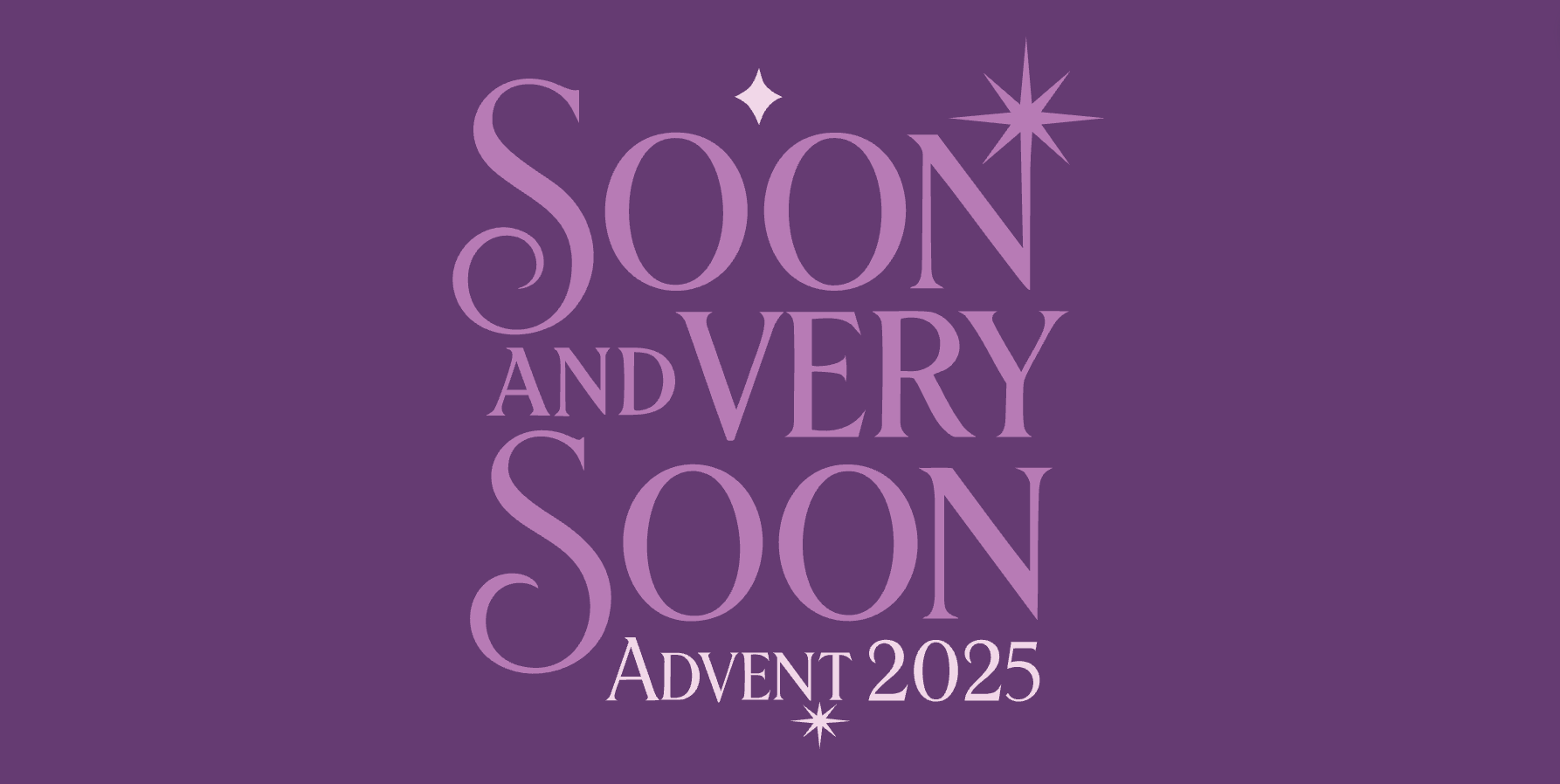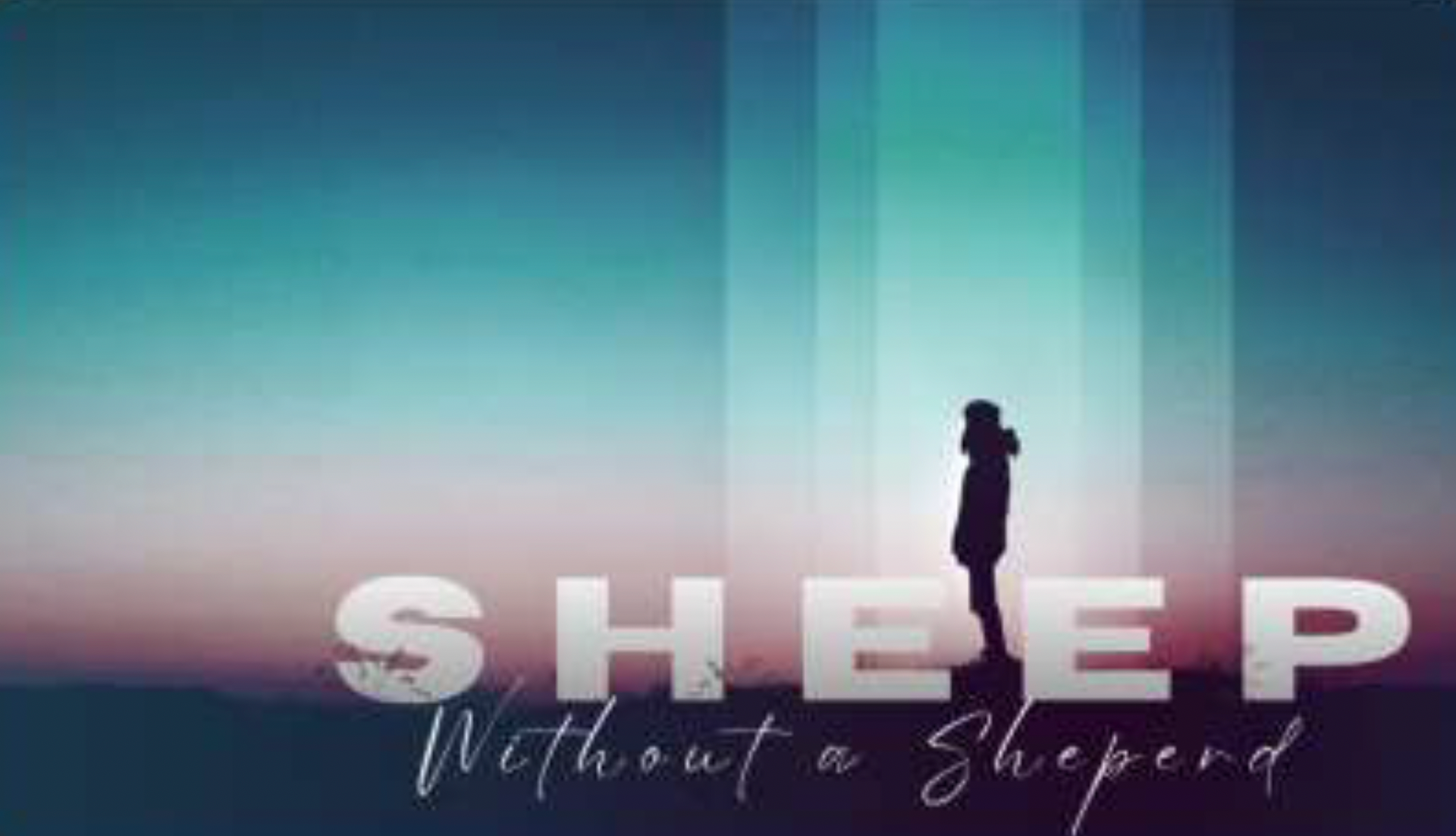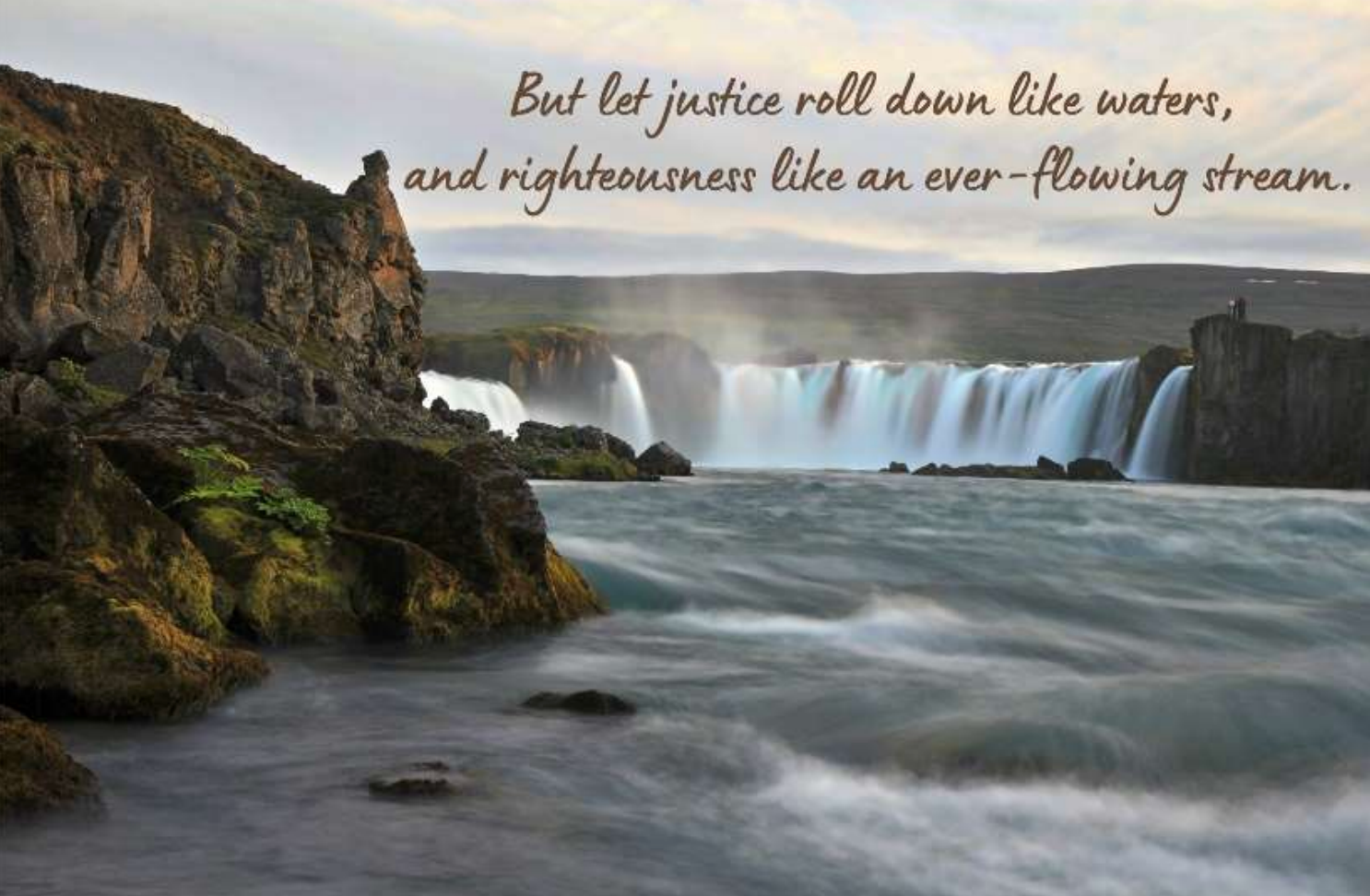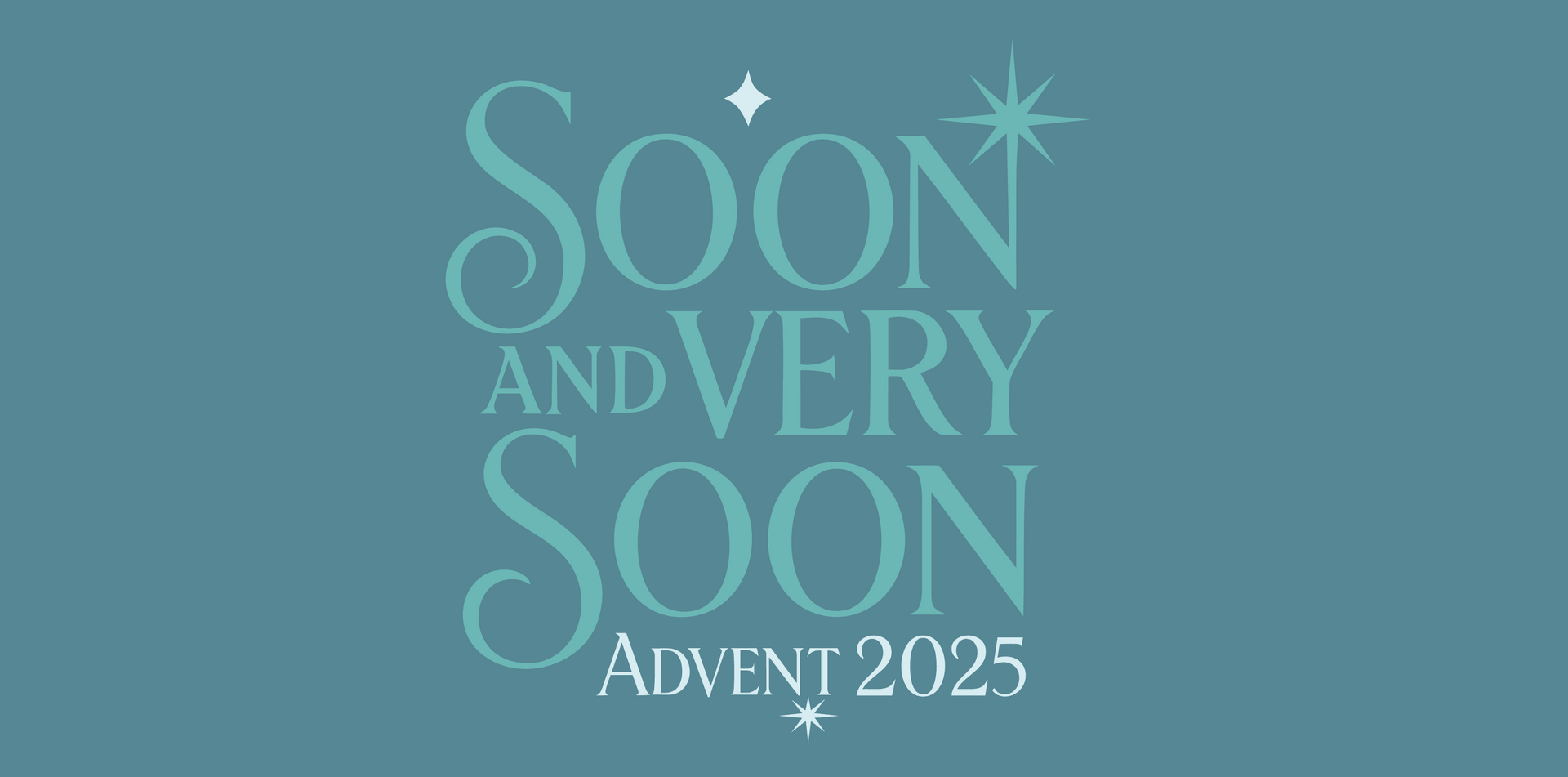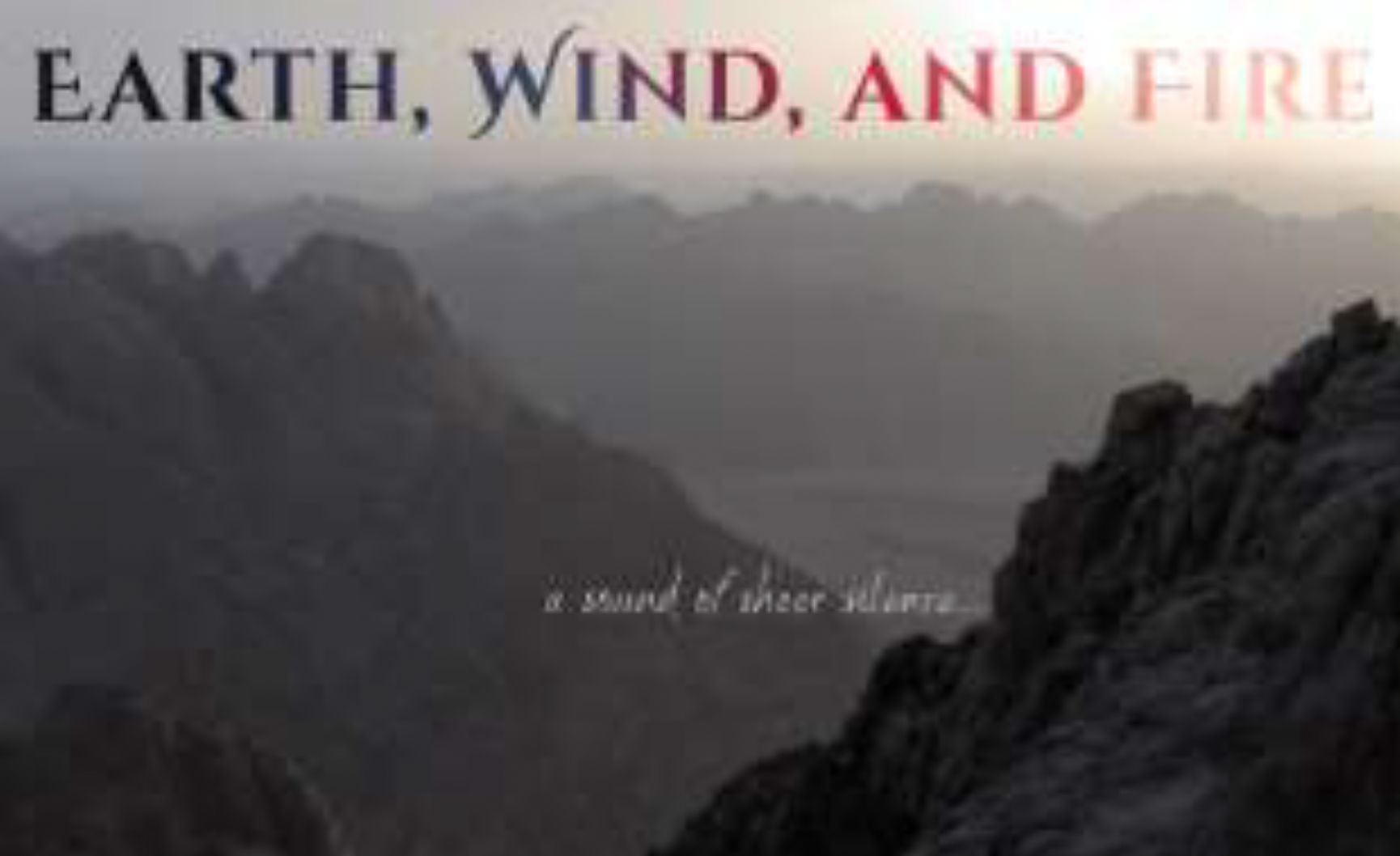Sermon 02.14.2024: Peace for a Contrite Heart
Scripture
Psalm 51:1-17
Have mercy on me, O God,
according to your unfailing love;
according to your great compassion
blot out my transgressions.
Wash away all my iniquity
and cleanse me from my sin.
For I know my transgressions,
and my sin is always before me.
Against you, you only, have I sinned
and done what is evil in your sight;
so you are right in your verdict
and justified when you judge.
Surely I was sinful at birth,
sinful from the time my mother conceived me.
Yet you desired faithfulness even in the womb;
you taught me wisdom in that secret place.
Cleanse me with hyssop, and I will be clean;
wash me, and I will be whiter than snow.
Let me hear joy and gladness;
let the bones you have crushed rejoice.
Hide your face from my sins
and blot out all my iniquity.
Create in me a pure heart, O God,
and renew a steadfast spirit within me.
Do not cast me from your presence
or take your Holy Spirit from me.
Restore to me the joy of your salvation
and grant me a willing spirit, to sustain me.
Then I will teach transgressors your ways,
so that sinners will turn back to you.
Deliver me from the guilt of bloodshed, O God,
you who are God my Savior,
and my tongue will sing of your righteousness.
Open my lips, Lord,
and my mouth will declare your praise.
You do not delight in sacrifice, or I would bring it;
you do not take pleasure in burnt offerings.
My sacrifice, O God, is[b] a broken spirit;
a broken and contrite heart
you, God, will not despise.
Joel 2:1-2, 12-17
Blow the trumpet in Zion;
sound the alarm on my holy mountain!
Let all the inhabitants of the land tremble,
for the day of the Lord is coming, it is near—
a day of darkness and gloom,
a day of clouds and thick darkness!
Like blackness spread upon the mountains
a great and powerful army comes;
their like has never been from of old,
nor will be again after them
in ages to come.
Yet even now, says the Lord,
return to me with all your heart,
with fasting, with weeping, and with mourning;
rend your hearts and not your clothing.
Return to the Lord, your God,
for God is gracious and merciful,
slow to anger, and abounding in steadfast love,
and relents from punishing.
Who knows whether he will not turn and relent,
and leave a blessing behind him,
a grain-offering and a drink-offering
for the Lord, your God?
Blow the trumpet in Zion;
sanctify a fast;
call a solemn assembly;
gather the people.
Sanctify the congregation;
assemble the aged;
gather the children,
even infants at the breast.
Let the bridegroom leave his room,
and the bride her canopy.
Between the vestibule and the altar
let the priests, the ministers of the Lord, weep.
Let them say, ‘Spare your people, O Lord,
and do not make your heritage a mockery,
a byword among the nations.
Why should it be said among the peoples,
“Where is their God?” ’
Sermon Text
In much of Hebrew Literature, the Day of the Lord was expected to be a good thing. When God would come and vindicate Israel, putting the other nations in their place and showing them what happens to people who oppose God’s chosen people.
So Joe’s congregation would have been startled by Joel’s description of the Day of the Lord. A day of darkness and gloom, a day of clouds and thick darkness. This is not how they envisioned the coming of the Lord. This Day of the Lord is not, uniformly, good news.
But there is still hope.
Yet, even now, says the Lord, return to me with all your heart.
With all of their hearts, they are called to return to the Lord. This is not a casual decision, or half hearted. This is not an intellectual exercise of only the mind. God doesn’t ask them to think of God with fondness.
Return with all your heart. And they are to return to the Lord not just by rending their clothing, or other external signs. They are called to rend, to tear open their very hearts.
To rip open the scars that have closed over old wounds, keeping us from the healing we need to experience.
We are to cast open the windows, let in the light, and air out the dusty chambers of our hearts where our prejudices live shadowed in darkness and away from reflection.
We are to tear away the protective enclosures we’ve built around our hearts to keep away the pains of the world. We are supposed to see what is broken in the world and in our lives and weep over it. We are supposed to feel things deeply in our hearts, but too often we choose to live shallowly, allowing the pain of the world to just scratch the surface.
Joel says to blow the trumpet to wake the people up. To remind them that they are to be upset by the injustices they see, the calamities in the world, and are to really feel it, so that we can change it. The way of peace is through repair of the world.
In a minute, we’ll read Psalm 51 responsively as a prayer of confession, before we receive the ashes. In this psalm, David asks God to create in him a clean heart. He says the sacrifice God wants is a troubled spirit; a broken and contrite heart, O God, you will not despise.
David is a perfect illustration of someone who brought his whole heart to God. David was a hot mess. He cheated. He killed. He pitted his kids against each other. And. He loved God and ruled the people as God’s chosen king.
These texts remind us that God doesn’t want us to call only when we’ve gotten our lives figured out and all our ducks in a row. God wants our whole heart. God wants us when our spirits are troubled. God wants us when our hearts are broken. God wants us when we are aware of the ways we have made mistakes—when our hearts are contrite.
Contrite means feeling or showing sorrow and remorse for improper or objectionable behavior or actions. It comes from Medieval Latin conterere “to pound to pieces, crush, wear out or down, exhaust mentally or physically.” What a word.
God wants our contrite hearts, crushed and worn down, exhausted from how much work it takes to pretend everything is fine and that we can avoid the consequences of our mistakes, our misdeeds, our humanness. Because sometimes the things that wear down our hearts aren’t our fault. Sometimes it is just the human condition that can take a toll. And God wants us to turn to God with that too.
Our theme for this Lenten season is Planting Peace, Sowing Shalom.
Shalom is a Hebrew word that means peace. It means more than that, though. It’s like Aloha—you can use it to say hello or goodbye. Shalom means wholeness, flourishing, wellness, peace, completion, atonement, restoration.
The path to peace and shalom is through a contrite heart. And there is no shalom that is disconnected from the shalom of the community. You can’t have individual shalom from pulling up your own peace bootstraps. Shalom isn’t a private virtue.
Joel calls the people together to say that no matter how they got in the crisis they were in, they needed to come together to get out of it.
We are connected, to each other, to the people in our community and world, and even to creation itself. How we live individually matters to us all collectively.
So, as we enter this Lenten journey, we will take on the mark of the cross on our foreheads, wearing the ashes of our repentance and signs of our broken and contrite hearts out into the world.
From dust you are, and to dust you shall return, is something we acknowledge both about our individual lives and our corporate life together. We are a part of God’s creation. Created out of the earth, connected to the earth and to each other. We come together to acknowledge our dependence on God the Creator, in whose hands our lives are resting securely.
This may seem out of place on Ash Wednesday, but stay with me. There is a scene from the Barbie movie that I just can’t get enough of. There is a big dance party taking place at Barbie’s Dream House and in the middle of it, while other Barbies are talking about how great they all look and how perfect life is, Barbie blurts out, “Do you guys ever think about dying?”
The music comes to a screeching halt and everyone looks at her in somewhat mock horror. She realizes she is not in a place where thoughts of death are appropriate conversation and pivots the conversation back to dancing.
But as the movie progresses, Barbie realizes that dying is a part of really living. And that is what we do on Ash Wednesday. When Joann and I mark you with ashes on your forehead in a bit, we’ll say “From dust you are and to dust you shall return.” It’s a reminder that we are all finite creatures who have only so long to journey together on this earth. It is also a reminder that we are made with love out of the dust and stardust of God’s creation. We have been knit together in our mother’s wombs by God and our journey through life is remarkable. A miracle, really.
Yes. We will all die. And we know death and grief and pain and loss in our lives. But also, yes. We live. And we know joy and connection and exhilaration and beauty. Shalom requires both life and death for us to make meaning of the world. And while we’re living, with our one wild and precious life, we have the opportunity and responsibility to work for the peace and shalom of our fellow journeyers.
I’ve been thinking about Barbie in that moment when she realizes nobody wants to hear her thoughts of death. She’s alone in that moment, without a community to support her whole self. One of our goals in Christian community is to create space where we can bring our whole hearts, our troubled spirits, our grief, our dance parties—the whole enchilada.
I am thankful to be gathered in the midst of this congregation, a part of this solemn assembly, as we together, rend our hearts, opening them up to new beauty so that we may live into a new and better world, called by God to be here, together. In life and in death, we belong to God. Thanks be to God.
Amen.



